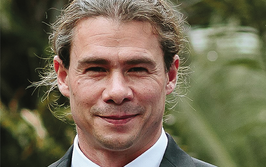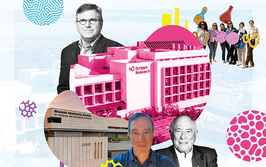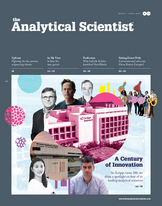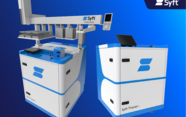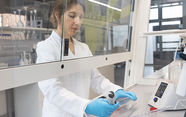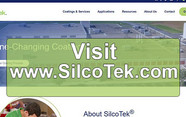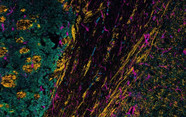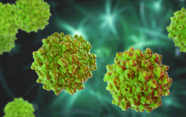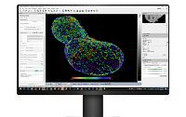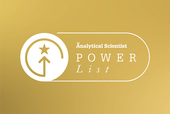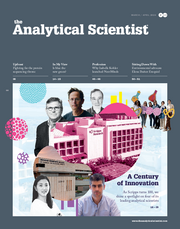The Road to HPLC2018 Part II: Sampling the Future
The sampling and sample preparation symposium at HPLC2018 will feature a raft of exciting new developments, from streamlined workflows to nanoscale sampling that reveals the detailed chemistry within the brain.
At HPLC2018, I will be chairing a symposium focused on new developments in sampling and sample preparation technologies – an area that has seen real progress in recent years. It may not be the most “glamorous” aspect of analytical science, but it is of fundamental importance – all analytical data depends on the quality of the sample. In particular, when investigating living systems, in-vivo sampling is important, as the removed sample (biopsy) is not stable and changes over time. In addition, in-vivo sampling makes the whole analytical process simpler, particularly if the sampling is well integrated with sample preparation and introduction to the analytical instrument. During the HPLC sampling symposium, two approaches will be discussed:
- microdialysis, a more established technique suitable for very polar to mid polarity small analytes
- solid-phase microextraction with matrix compatible coatings, which performs well for more hydrophobic analytes.
Both approaches extract the free form of the analyte, which is typically biologically active.
Applications will include pharmaceutical, medical, food, environmental and forensic, including both targeted and untargeted determinations. R. Graham Cooks and Zoltan Takats, the pioneers of ambient mass spectrometry, will discuss the advantages and limitations of eliminating sample preparation, chromatography and other separation steps when analyzing complex samples. Robert Kennedy will cover nanoscale sampling coupled to LC-MS/MS for high-resolution exploration of brain chemistry. My own presentation will cover in-vivo solid-phase microextraction in medical practice, including evaluation of quality of transplantation organs, brain cancer surgery and deep brain stimulation.
Particular emphasis will be placed on integration of sampling and sample preparation with instruments providing quantitation. Efficient integration facilitates high-throughput, on-site and in-vivo determinations. Design of such approaches requires a reduction in the use of organic solvents. A good example includes our recently developed matrix compatible coating morphology in solid-phase microextraction applied in different optimized geometries for specific applications. Such developments will eventually allow us to achieve a major goal of analytical chemists – to perform analysis at the place where the sample is taken rather than moving the sample to a laboratory, and so reducing errors and the time associated with sample transport and storage. Ultimately, on-site analysis leads to more accurate, precise, fast analytical data and quicker decisions. Hyphenation of sampling/sample preparation with HPLC-MS as well as direct coupling to mass spectrometry are emerging technologies that could have a big impact in the near future.
Will the technological advances we discuss at HPLC2018 eventually render sample preparation redundant? Is this the death of chromatography? As mass spectrometry technology improves, in particular ion mobility mass spectrometry coupled with modern mass analyzers (which you will hear about in Richard Smith’s plenary talk), rapid screening measurements may no longer require LC separation – or even sample preparation – provided the sample matrix is simple. However, for investigative analysis of problem samples, chromatography will have a role to play for a long time to come. In addition, complex sample matrices will require sample preparation to keep the instrument “clean” and create on-site or high-throughput analytical apparatus. Integration and simplification of sampling, sample preparation, and chromatography processes hyphenated to evolving mass spectrometry tools will likely drive development of modern instrumentation for the foreseeable future.
HPLC 2018 takes place on 29 July to 2 August in Washington, DC.
Janusz Pawliszyn is Professor at the Department of Chemistry, University of Waterloo, Ontario, Canada.

